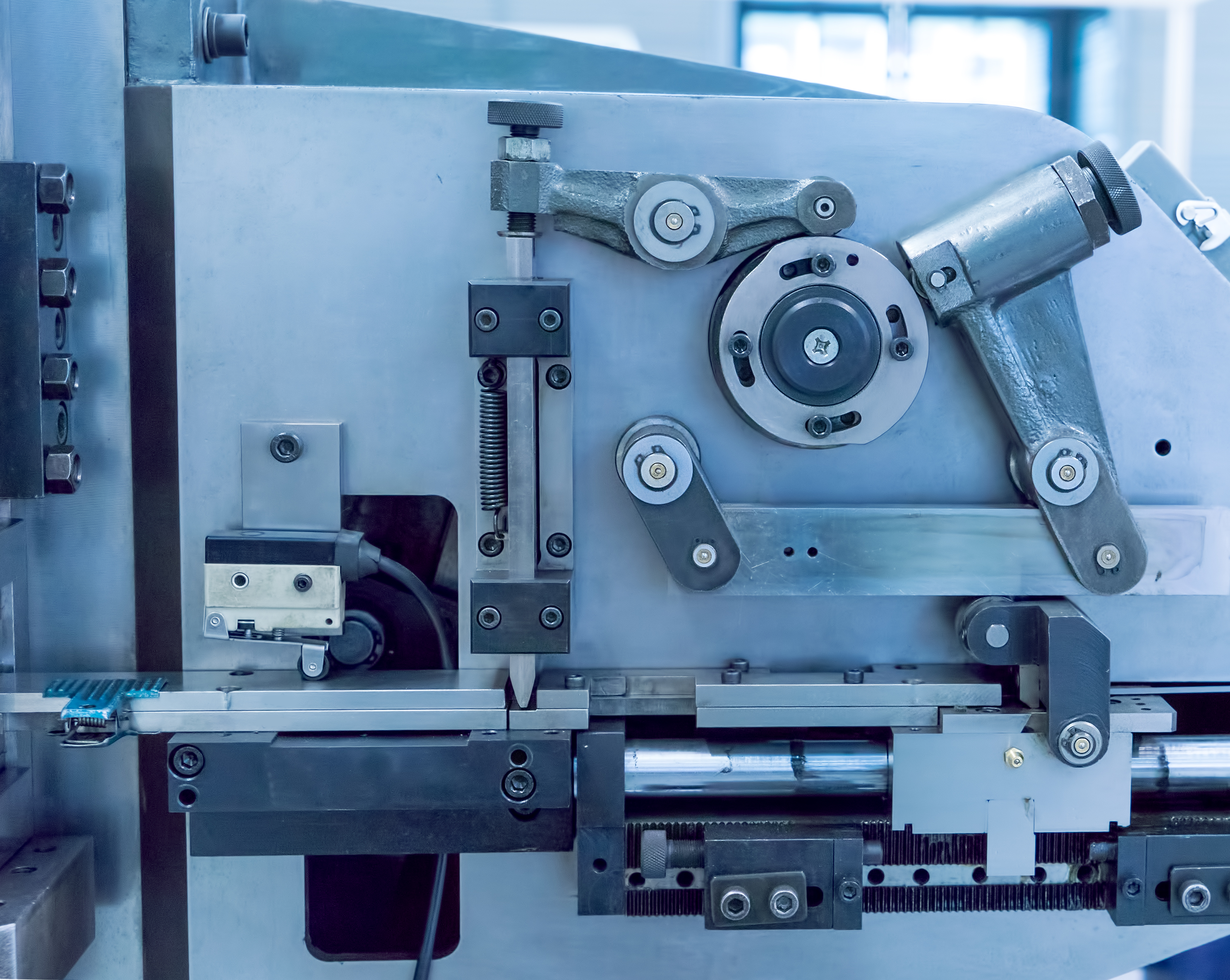Taiwan’s Machine-Tool Heavyweights Plan Strategies on Trump Tariff
2025/04/09 | By CENSTo cope with the sales impact of the reciprocal 32% tariff the Trump Administration imposes on Taiwan, many machine tool heavyweights on the island have developed contingency plans, with some claiming they might transplant to the States whereas some reporting they might phase out of the US market.
Goodway Machine Corp. Chairman Edward Yang says his company has equipped itself with plans addressing the tariff spikes. He adds that his company has a warehouse in the U.S. currently storing US$15 million worth of machines on its 19,835 square meters of floor, enough for the American market demand for the rest of this year. The chairman notes that his company would not rule out the possibility of opening factories in America if Taiwan and the U.S. fail to reach an agreement on the tariff issue.
As for the orders already on the sea, Yang says the customers have agreed to absorb the tariff-elevated cost. For the merchandises readied for shipment, the buyers have agreed to go fifty-fifty on the hiked tariff. Currently, Taiwan’s machine tools are charged a 4.7% import tax in the U.S.. The half of the increased tariff is at around 13.6% after deducting the existing rate from the 32%.
Yang stresses that his company will not sell the machines to customers who refuse to share half of the hiked tariff in consideration of the high cost-performance ratio of its machines. On the other hand, the company’s factories in mainland China will take more initiative to shoot for business in the mainland in addition to non-U.S. markets like Thailand, Malaysia, Vietnam, Indonesia, Spain, Mexico, and so on by appealing the buyers with “Taiwan-grade quality, mainland China-grade prices.”
The Hota Group’s chairman, Sheng Kuo-jung, points out that the strategy of splitting tariff with customers is not appropriate for the group because the primary competitors to his business are from mainland China. The mainland’s import taxes, he notes, are higher than Taiwan’s not to mention the fact that auto parts usually take at least one year to go through certification process, giving his company an ample room to pass added taxes on to the buyers. His company makes not only machine tools but crucial components for auto transmission systems as well.
The group’s machine-tool subsidiary, Kao Fong Machinery Co., Ltd., Sheng says, only achieves a 20-25% gross profit margin, making it difficult for the company to cover the expenditure on research and development as well as overhead costs if it shares the tariff burden with its customers. Thus, the worst scenario, he notes, is that the company gives up the American market and begins to focus on Europe, Asia, Turkey, and other non-US markets.
Hiwin Group Chairman and Chief Executive Office Eddie Chuo estimates that the Trump tariff on Taiwan would not affect his business much considering that America accounts for barely 4% of his company’s sales and that the company’s major revenue earners, including ball screws and linear guideways, are highly tailor made and highly irreplaceable. However, the company has approached its customers over the likelihood of divvying up the costs produced by the tariff between them.


